| | In this edition: Trump’s US-Africa summit, AfDB looks to boost Africa’s critical minerals processing͏ ͏ ͏ ͏ ͏ ͏ |
| |   Washington, DC Washington, DC |   Abuja Abuja |   Nairobi Nairobi |
 | Africa |  |
| |
|
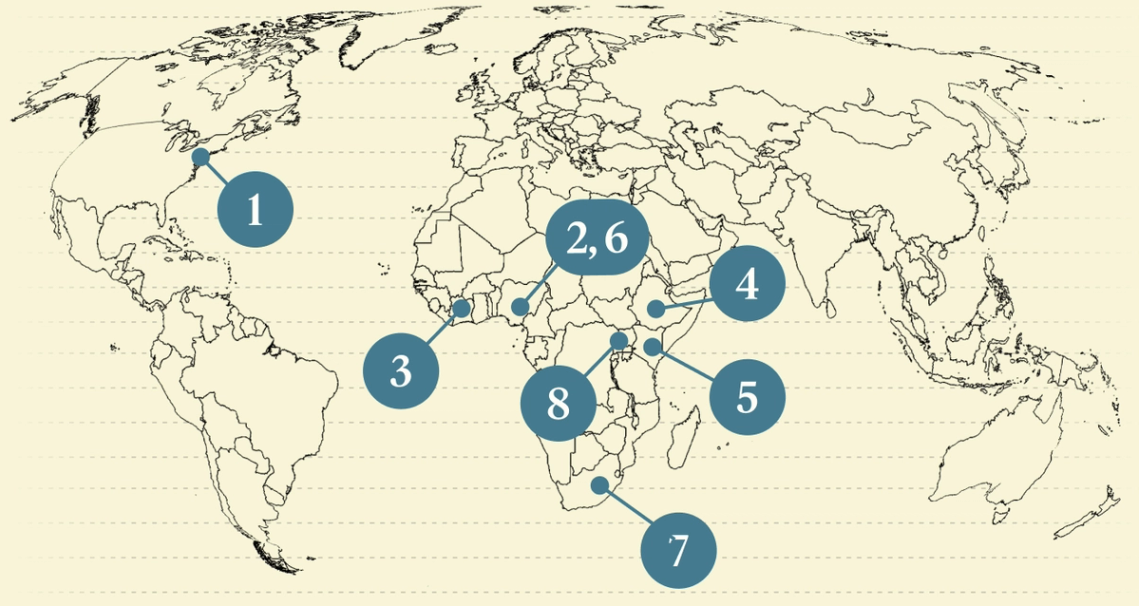 - Trump’s US-Africa summit
- Nigerian opposition unites
- AfDB prioritizes minerals
- Ethiopia’s controversial dam
- African startups raise $1.4B
- AI voice tech expands
- Lesotho arrests activist
- Weekend Reads
 Looking ahead to next year’s inaugural pan-Africa architecture biennale. |
|
 Ken Cedeno/Reuters Ken Cedeno/ReutersThe first African leaders’ summit of US President Donald Trump’s second term will be held next week in Washington, with five heads of state from Gabon, Guinea-Bissau, Liberia, Mauritania, and Senegal expected to be in attendance. The news, first reported by African Intelligence, was confirmed to Semafor by a person familiar with the plans. The July 9-11 meeting, which Trump will attend, is likely to focus on US economic opportunities in West Africa’s critical minerals sector as well as regional security, areas that have emerged as priorities for Washington in its engagement with the continent. The meeting comes as something of a surprise as plans are still being finalized for a wider US-Africa summit due to take place in September in New York. The timing could be strategic, with US officials potentially trying to capitalize on a period of intense US-Africa diplomacy, following a US-brokered ceasefire between DR Congo and Rwanda signed last week at the White House. — Paige Bruton |
|
Nigerian opposition forms coalition |
 Peter Obi. Patrick Meinhardt/Getty Images. Peter Obi. Patrick Meinhardt/Getty Images.Nigeria’s leading opposition figures have formed a coalition in a bid to defeat President Bola Tinubu in the 2027 general election. Atiku Abubakar, Nigeria’s former vice president, and Peter Obi, a former state governor, will together lead the African Democratic Congress. The men finished in second and third places respectively in the last presidential election, which Tinubu won with 37% of the votes. Obi was also Abubakar’s running mate on a ticket that lost to Tinubu’s predecessor in 2019. The ADC coalition includes many former Tinubu allies — most notably a former governor of the populous northern Kaduna state — and hopes to emulate the success of Tinubu’s All Progressives Congress, which was formed by an alliance of opposition politicians (including Abubakar) in 2013 and engineered the first-ever defeat of an incumbent Nigerian president two years later. |
|
AfDB in value addition talks |
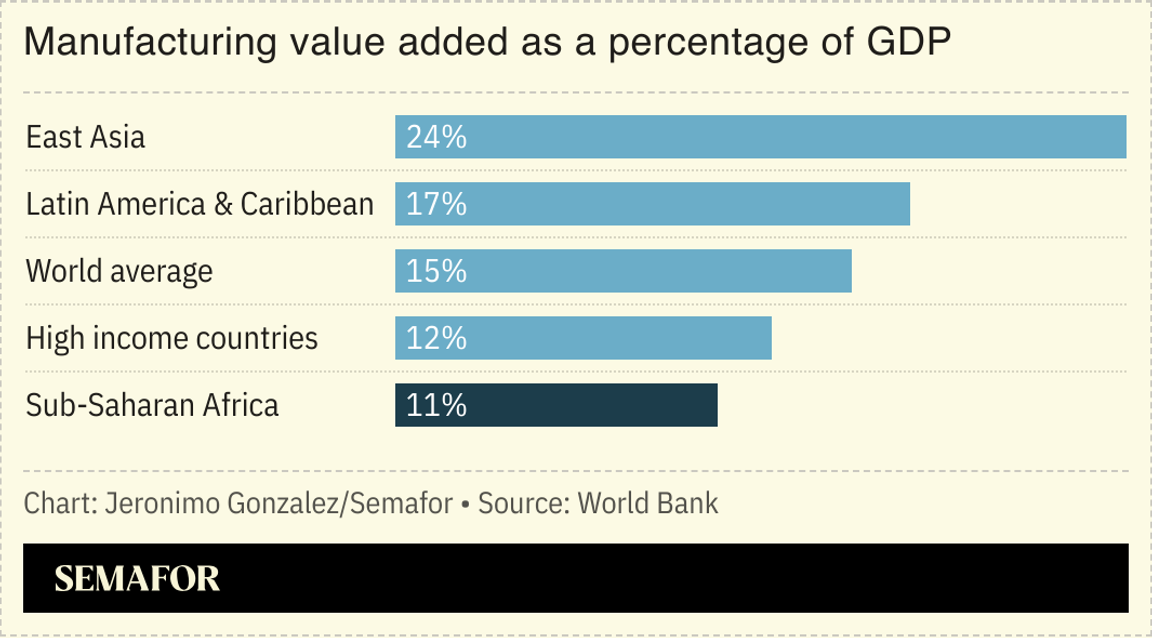 The African Development Bank is in talks with Asian companies to create partnerships to increase the amount of critical minerals processed in African countries before being exported, an official told Semafor. Solomon Quaynor, an AfDB vice president, said bank officials had visited battery producers in India, Japan, and South Korea in recent months to discuss offering capital in return for the companies helping develop processing capabilities in African countries where raw materials are located. Quaynor, who spoke on the sidelines of the Africa Debate conference in London, said the aim was “to see how we can support them in making such an investment locally” in order “to do the value addition in Africa.” African countries have some of the world’s largest deposits of critical minerals used to produce rechargeable batteries, such as lithium, cobalt, and copper, and are seeking ways to move beyond solely being commodity exporters. — Alexis Akwagyiram |
|
Ethiopia’s controversial dam |
 Minasse Wondimu Hailu/Anadolu Agency via Getty Images Minasse Wondimu Hailu/Anadolu Agency via Getty ImagesEthiopia said construction of a mega dam on the Blue Nile — work that has been at the center of a long-running dispute with Egypt and Sudan — is complete. The $5 billion dam, Africa’s biggest hydroelectric project, is expected to more than double electricity generation capacity in Ethiopia, where around 60% of the population lacks access to power. But it has caused tensions with downstream neighbours Egypt and Sudan over concerns that the dam could reduce their water access. “With climate change resulting in more unpredictable water flows, this could impact future political tensions, especially if Ethiopia were to divert or restrict the downstream flow of water during periods of drought,” Ahmed Soliman, a senior research fellow at UK think tank Chatham House, told Semafor. However, “after 15 years of stalled talks, there is little appetite or momentum to reach a successful deal.” — Paige |
|
African startups raise $1.4B |
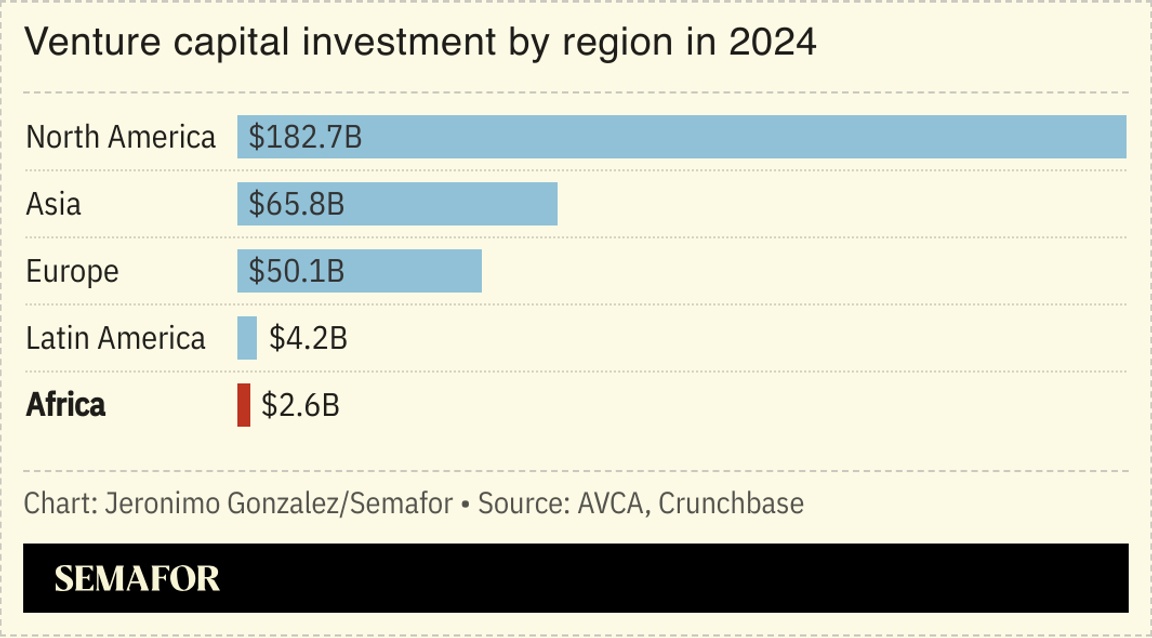 African startups raised $1.4 billion in the first six months of 2025, a 78% increase over the same period last year, according to Africa: The Big Deal, a funding database. The half-year total was the best since 2023. Startup fundraising in Africa dropped 25% in 2024 to $2.2 billion, according to the data, marking a second successive year of reduced investment into African technology companies. But the 78% year-on-year rise — spurred by deals like the $53 million raised by Nigerian fintech LemFi in January — suggests a recovery may be underway. Some African startups like Uber’s fleet manager Moove and fintech PalmPay are reportedly in talks to raise nine-figure sums, potentially pushing the full-year total to a rebound from last year’s dip. |
|
AI speech-to-text startup expands |
| | 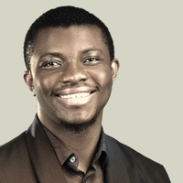 | Alexander Onukwue |
| |
 Courtesy of Intron. Courtesy of Intron.A Nigerian startup using artificial intelligence to build speech transcription platforms for African accents is expanding beyond an initial focus on health care, filling a vital gap left by Silicon Valley tech giants. Intron began testing speech-to-text models to help doctors with note-taking in Nigeria in 2022 and landed about 40 hospital clients in countries including Ghana, Kenya, Rwanda, South Africa, and Uganda, the company’s founder Tobi Olatunji told Semafor. It has expanded to courtrooms in southwest Nigeria this year, and is testing a rollout for call centers operated by banks and telecom companies where manual documentation eats into productivity, Olatunji said. The startup’s suite of “Sahara” voice and text models capture the specifics of more than 300 African accents, he said. |
|
Person of Interest: Tšolo Thakeli |
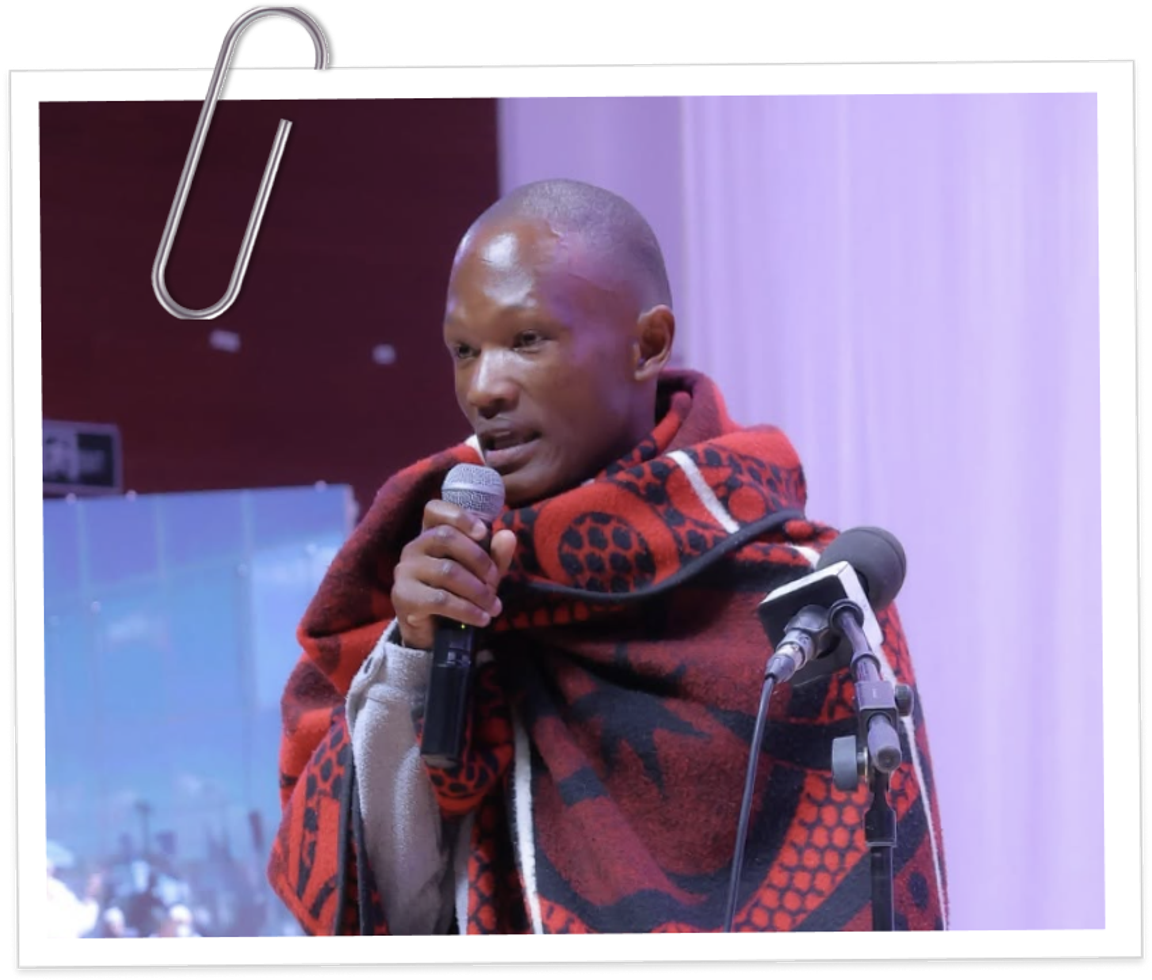 Tšolo Thakeli, a prominent social media campaigner on youth unemployment in Lesotho, was arrested after posting a video criticizing Prime Minister Sam Matekane’s job-creation plans. His arrest triggered protests in the capital Maseru and concern from human rights activists. “Silencing dissent is not strength — it’s a betrayal of democracy,” said Southern Defenders, a nonprofit focused on civil rights in southern Africa. Thakeli, a 31-year-old business owner, told The Guardian he was detained for two days and later instructed by the head of police to “never mention” the prime minister’s name in his social media posts. He is now on bail and plans to keep posting online. “I’m not armed, I don’t belong to any organization, I’m just a concerned individual who wants what’s best for my country and fellow citizens. I just want to hold my government accountable as that’s my duty as a citizen.” |
|
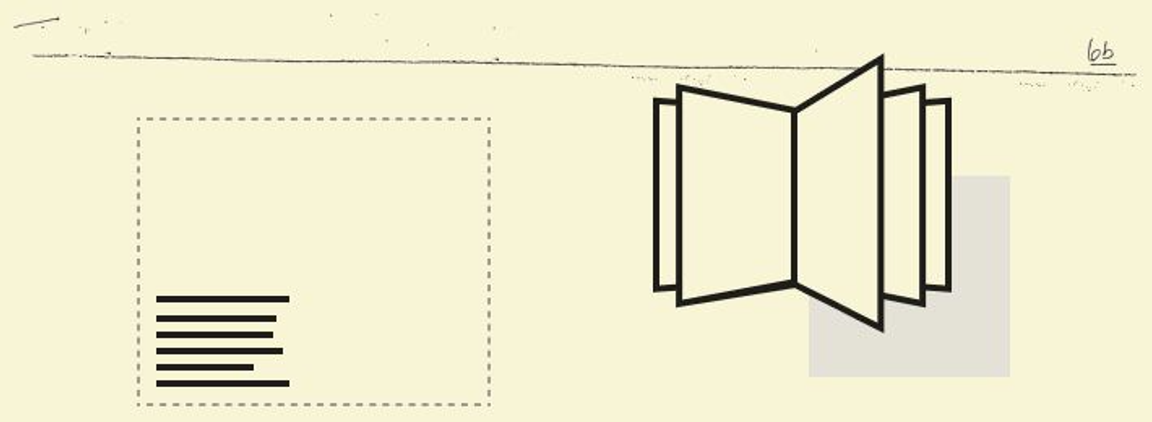 - The containment of Ebola shows how African countries are working together to end epidemics, writes a science historian in the London Review of Books. There have been several outbreaks of the deadly disease in East and West Africa in recent years. Edna Bonhomme points to Uganda’s successful containment of a recent Ebola outbreak, despite USAID funding cuts, as highlighting the effectiveness of “intra-African cooperation.”
- A new investigation into the Eritrean army’s conduct during and after the Tigray war in northern Ethiopia showed “industrial-scale looting operations” alongside other violent atrocities. The report, published by investigative organization The Sentry, said the Eritrean Defense Forces, which fought alongside the Ethiopian government, were “responsible at the highest levels” for extensive trafficking in people, gold, and antiquities as part of the conflict fought between 2020 and 2022.
- Major global oil companies have turned to the Trump administration to resolve a dispute putting $130 billion worth of fossil fuel projects at risk, writes The Wall Street Journal. Washington is putting pressure on five Central African countries to resolve the long-running issue, which pits the likes of Chevron and ConocoPhillips against the governments of Cameroon and Gabon. “The countries will lose out the most if they overplay their hand here,” warns one expert. “There are plenty of other places to park capital.”
- Increased global uncertainty means it has been a good year for gold mining in West Africa’s Sahel region, Jacob Boswall writes in a feature for BBC News. “Because gold prices have been at a historic high… military governments are hoping that they will be able to benefit directly,” says one expert, with mining infrastructure rapidly advancing in the region. However, widespread insecurity caused by violence between jihadist groups and government forces means that miners face a high risk, with little financial reward.
|
|
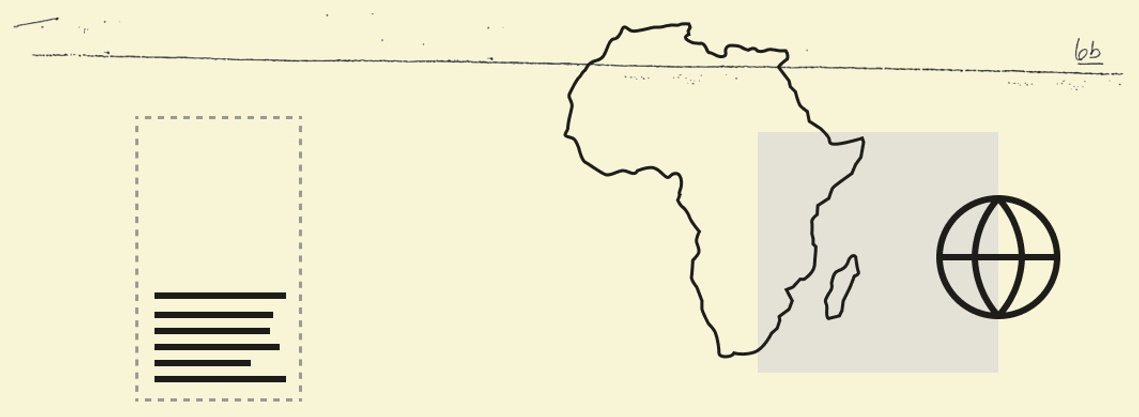 Business & Macro |
|
|